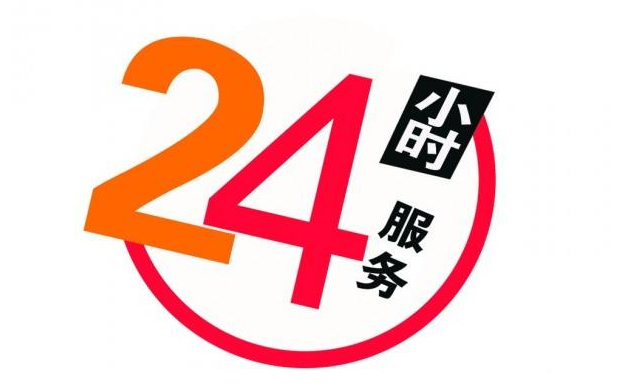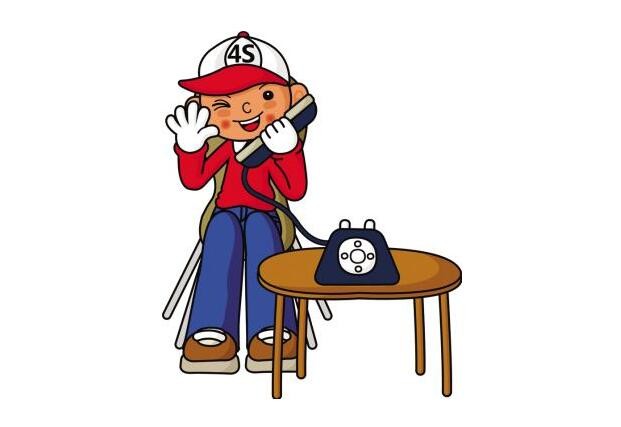Expressing "how much money" in English is an essential skill for effective communication. This article aims to provide detailed explanations and examples on four aspects of expressing monetary amounts in English. Firstly, we will explore the basic vocabulary and phrases used to ask and answer about the amount of money. Secondly, we will delve into different ways to talk about specific amounts of money, including currencies, denominations, and abbreviations. Thirdly, we will discuss expressions for emphasizing large or small amounts of money. Lastly, we will explore idiomatic expressions related to money. By the end of this article, readers will have a comprehensive understanding of how to express and discuss monetary amounts in English.

When discussing money, it is important to be familiar with the relevant vocabulary and phrases. Here are some commonly used words and expressions:
- Money: Cash, currency, funds
- Amount: Sum, total, quantity
- Ask questions: How much is it? What's the cost? What's the price?
- Give answers: It's $10. The price is $20. It costs £50.
- Paying: Spend, pay, invest, budget
It is important to be clear and specific when asking or answering about the amount of money to avoid any misunderstandings.
In addition to these basic vocabulary terms, there are also specific phrases related to different contexts, such as shopping, banking, or business. Understanding these context-specific words and phrases will help in expressing monetary amounts accurately and appropriately.

When discussing specific amounts of money, it is important to be familiar with different currencies, denominations, and abbreviations. Here are some key points to consider:

- Currencies: Different countries have different currencies, such as the US dollar ($) or the British pound (£). It is essential to be aware of the currency being used in a particular context.

- Denominations: Each currency has different denominations, such as notes or coins. For example, in the US, there are $1 bills, $5 bills, and so on.
- Abbreviations: Many currencies have abbreviations, such as USD for the US dollar or GBP for the British pound. These abbreviations are commonly used in written form or online.

Knowing the specific currency and denomination will allow for clearer and more accurate communication when discussing monetary amounts.
When emphasizing large or small amounts of money, there are various expressions that can be used. Here are some examples:
- Large amounts: A fortune, a substantial sum, a considerable amount
- Small amounts: A pittance, a tiny sum, a negligible amount
- Emphasizing with adjectives: Enormous, extravagant, meager, insignificant
Using these expressions can help convey the magnitude of the monetary amount being discussed and add nuances to the conversation.
English also has several idiomatic expressions related to money. Here are a few commonly used ones:
- Break the bank: Spend all of one's money
- Penny-pincher: Someone who is unwilling to spend money
- Money talks: Money has power and influence
- Easy money: Money obtained with little effort
Using these idiomatic expressions can add color and depth to conversations involving money.
In conclusion, expressing "how much money" in English encompasses various aspects, including vocabulary and phrases, specific amounts and currencies, emphasizing large or small amounts, and idiomatic expressions. Being familiar with these aspects will ensure effective communication when discussing monetary amounts in English. Whether it is asking for the price of a product, discussing business transactions, or simply talking about personal finances, the ability to express and understand monetary amounts is crucial. With practice and exposure to different contexts, learners can develop a more nuanced understanding of how to express "how much money" in English.
标题:多少钱的英语怎样写(How to express how much money in English)
地址:http://www.cdaudi4s.com/bigualu/132611.html

